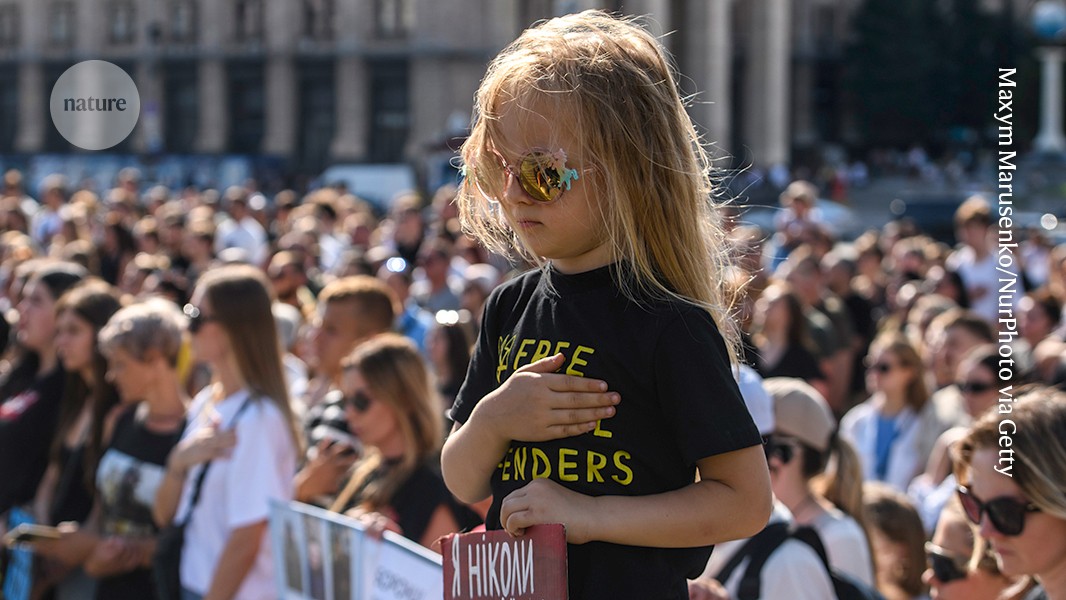
"For instance, an analysis of pregnant women who were in or near the World Trade Centre in New York City during the 11 September 2001 attacks showed that women who went on to develop post-traumatic stress disorder (PTSD) and their infants had stress-hormone profiles that differed both from those of mothers who did not have PTSD and from those of their babies."
"Understanding these generational effects can help individuals, families and communities to find ways to heal. But trauma studies are plagued by a narrow research focus that is hindering progress."
"The experiences of Holocaust survivors cannot be neatly mapped onto the experiences of those who have experienced other mass traumas, particularly those outside European cultures."
"There can be a lack of diversity in the groups studied. For example, although there have been more than 500 published studies exploring the experiences of the families of Holocaust survivors, a 2021 review identified just 29 studies examining other cultural perspectives."
In 2024, ongoing conflicts resulted in immense suffering, displacing over 122 million people. Studies indicate that the emotional and physical scars of such trauma can profoundly affect individuals and their descendants. Notably, trauma studies often focus narrowly on specific groups, failing to consider diverse cultural experiences. For example, PTSD in individuals affected by major historical traumas like the Holocaust cannot be universally applicable to other cultures or conflicts. This lack of diversity limits understanding and healing strategies, highlighting a need for broader research to encompass various traumatic experiences and their generational impacts.
Read at Nature
Unable to calculate read time
Collection
[
|
...
]